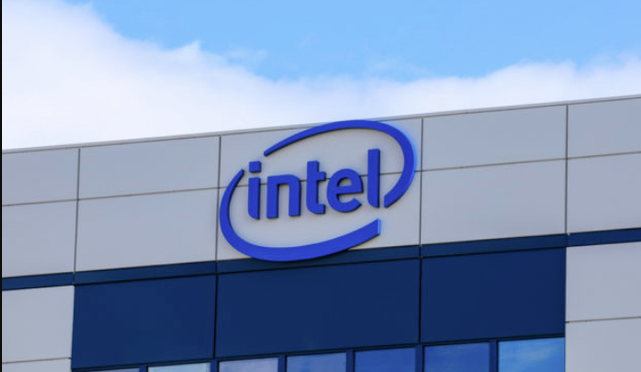
On May 4, after Intel's first-quarter results, Northland Capital Market, a market research firm, issued a report arguing that Intel's position in the $100 billion contract manufacturing market is undervalued, especially when it comes to more advanced processes, and that Intel is the best alternative to Taiwan Semiconductor. Such as the 3nm process, which is being aggressively pursued by both Taiwan Semiconductor and Intel.
At present, in the advanced process market of 7nm and below, there are only three foundries: Taiwan Semiconductor Manufacturing, Samsung and Intel. However, in terms of yield, Samsung has been in a relatively backward position. According to the Korean media Business Post, the yield of Samsung 4nm process technology is only about 35%, and the yield of 3nm GAA architecture is only 10%~20%. In contrast, the yield of Taiwan Semiconductor Manufacturing 4nm process is as high as about 70%.
Northland said Intel's foundry services strategy has been pushed forward with the arrival of Intel Chief Executive Pat Gelsinger. Northland said it will complete Intel 3 and Intel 18A (1.8nm) chip designs in the second half of the year and is working with five target customers. One of them is Qualcomm, which, in the meantime, believes will enable Intel to regain lost x86 market share.
In March last year, Kissinger proposed the IDM 2.0 strategy to develop advanced manufacturing processes and return to the wafer foundry market. Subsequently, it renamed Intel's advanced process, proposed Intel 7, Intel 4, Intel 3, Intel 20A, Intel 18A and other advanced processes, and planned to promote one generation a year. In 2024, it will mass produce Intel 20A process, and has reached cooperation with Qualcomm. The Intel 18A process will be mass-produced in 2025.
Intel has previously experienced delays with its 10nm (TSMC's equivalent of 7nm) production, as well as difficulties with its 7nm (TSMC's equivalent of 5nm) process, raising doubts about whether Kissinger's advanced process will be rolled out as quickly as expected.
In March, Kissinger responded to the Morgan Stanley investor Conference by saying that he was very confident in Intel's IDM 2.0 strategic plan and that Intel's advanced processes were making better progress than expected. Kissinger emphasized that the Intel 7 process entered mass production and began adding capacity. The next four generations of advanced processes were developed simultaneously by two teams, one responsible for the Intel 4 and improved Intel 3 processes, the other responsible for the Intel 20A and 18A processes. According to the plan, the Intel 20A will be mass-produced in the first half of 2024, and the Intel 18A process will be mass-produced six months earlier in the second half of 2024.
Kissinger also emphasized that the Intel 3 and Intel 18A processes will also provide wafer fabrication services in addition to the advanced processes used by Intel. Kissinger said at the time that both advanced processes had already found customers, but the names were not disclosed.
In the first quarter of this year, Intel reported $283 million in foundry revenue, up 175% from the same period in 2021. Currently, it has more than 30 customers.
Source: Core wisdom news

